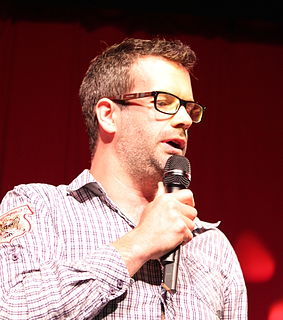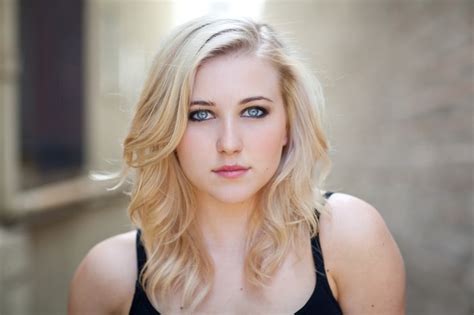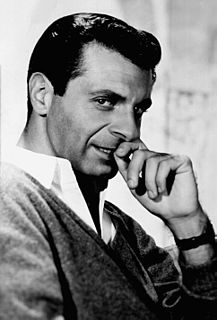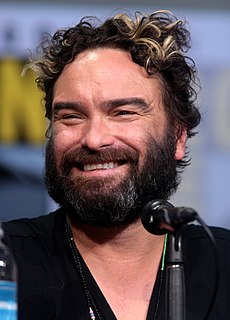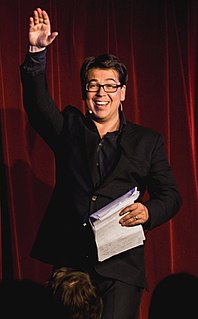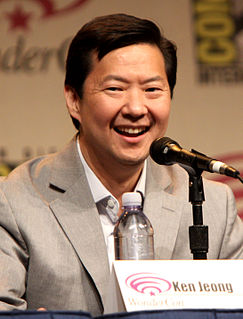A Quote by Marcus Brigstocke
I stumbled on a joke idea and style that worked, the audience went with it and, from that moment on, I was hooked. It's an amazing feeling.
Related Quotes
People try to put ownership on things: 'That's mine, that's my joke.' No such thing. Like if you tripped or stumbled and people go, 'Oh, that's Charlie Chaplin.' You know what I mean? You can't own a joke. You can be the guy that tells it the best, but you can't own a joke. Nowhere can you own a laugh.
After you do a joke a few times, you have material that you know works. Although sometimes I have a joke that has worked a bunch of times and then one night it'll flop. And that's when I really take a hard look at myself and say: 'Well, that crowd is obviously wrong. That crowd has absolutely no idea what it's talking about.'
After you do a joke a few times, you have material that you know works. Although sometimes I have a joke that has worked a bunch of times and then one night it’ll flop. And that’s when I really take a hard look at myself and say: "Well, that crowd is obviously wrong. That crowd has absolutely no idea what it’s talking about."
But when you're in front of an audience and you make them laugh at a new idea, you're guiding the whole being for the moment. No one is ever more him/herself than when they really laugh. Their defenses are down. It's very Zen-like, that moment. They are completely open, completely themselves when that message hits the brain and the laugh begins. That's when new ideas can be implanted. If a new idea slips in at that moment, it has a chance to grow.
The difference when I'm writing a story versus writing a joke is that writing a joke is so much more about the structure and it's less about the conversation. To me, the thing that I love about stand-up is the intimacy between performer and audience.To get it even more conversational was something that really appealed to me and that I really enjoyed doing. My early experiments with it, with just telling a story from my life on stage, it was so satisfying to do. And seemingly for the audience as well. It's a different thing, and it's a different feeling and a different vibe.
